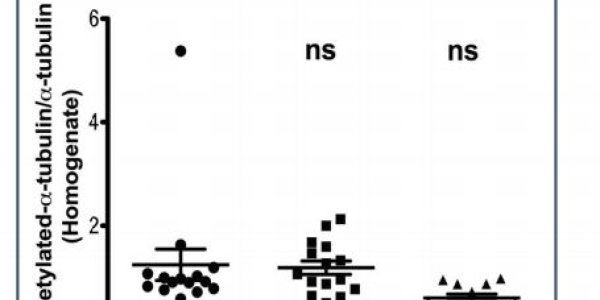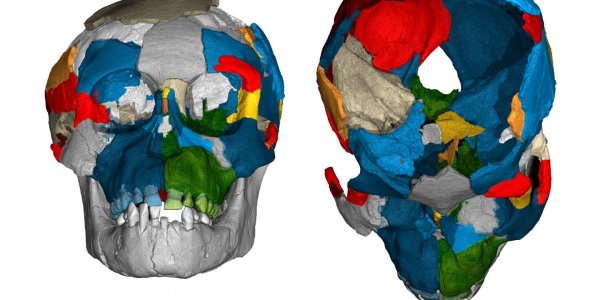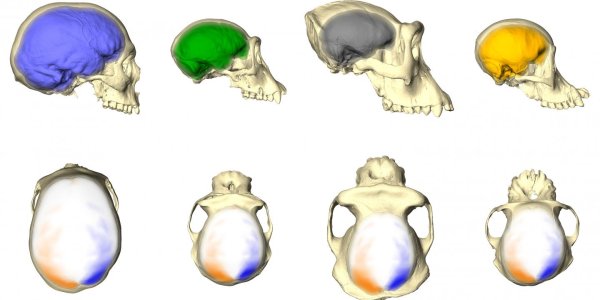Are You Anxiety Prone? It May Be SLC6A4 Serotonin Cleanup Proteins
Anxiety-prone people can blame serotonin cleanup proteins gone awry in their amygdala, according to research in marmosets recently published in JNeurosci. Targeting the amygdala with anti-anxiety…











